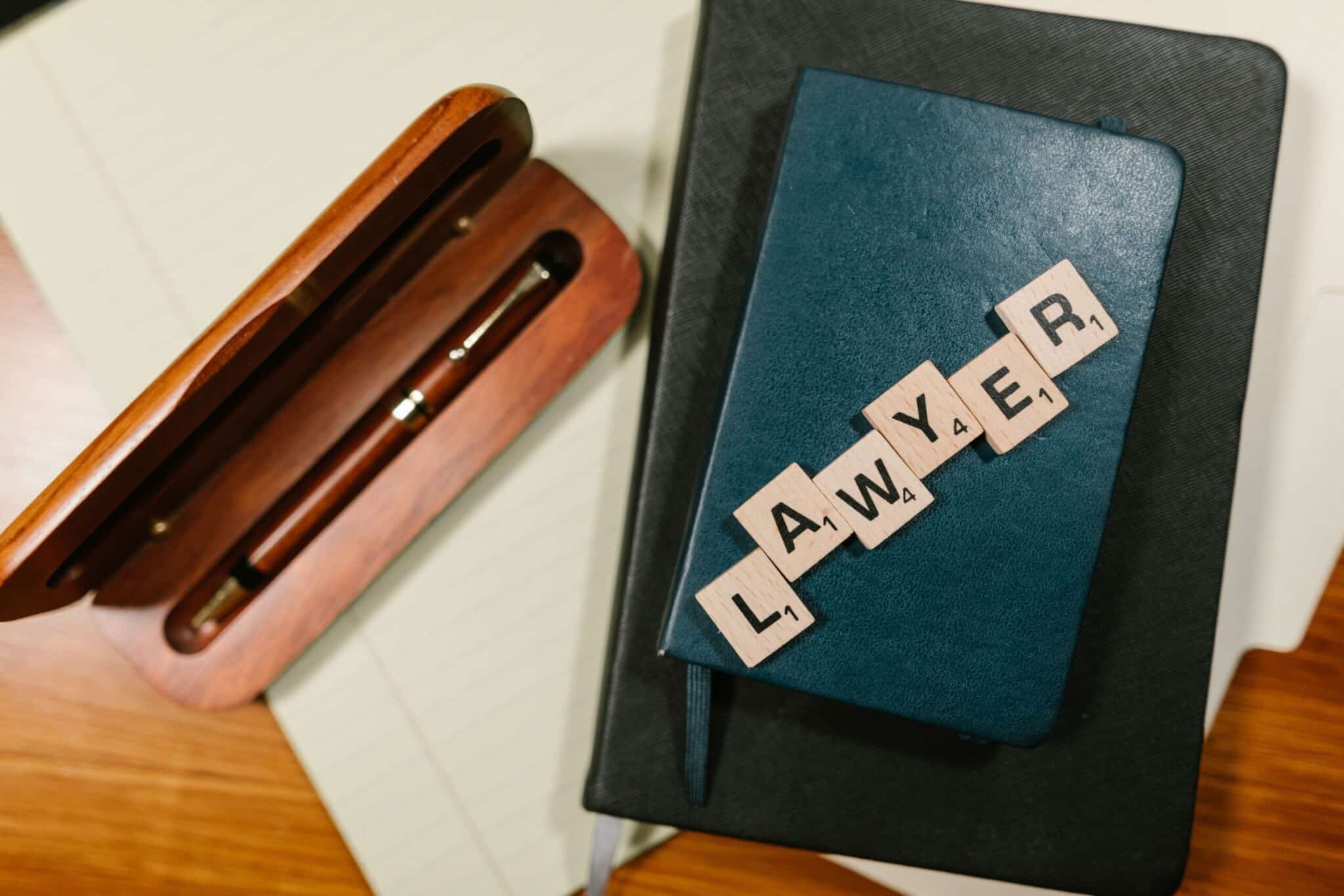Baltimore Car Accident Lawyer Discusses 30 Year Personal Injury Career

After almost three decades of personal injury experience, I have always taken enormous pride and honor in advocating for numerous hardworking individuals seeking just compensation for their injuries. My journey in the legal profession began with admission to the New York Bar in 1994. Since then, I have tried a multitude of personal injury cases in courts across New York, Florida, and Baltimore, Maryland. It’s worth noting that longevity in this field can often signify various positive attributes about both the business and the practitioner. Other observations, applicable to both longstanding businesses generally, and those select lawyers who have been practicing law for more than 30 years, may include:
Community Engagement: Businesses that have been around for a while often have deep roots in their local communities. Car accident law firms in Baltimore may sponsor events, support local charities, or engage in community activities, fostering a sense of goodwill among customers. This can be the same as or different from a level of community Involvement. Many businesses that have been around for a long time are actively involved in their local Baltimore neighborhoods, where they may have contributed to community development and have a positive impact.
Brand Recognition: Established businesses may be expected to have strong brand recognition. Customers are more likely to choose a brand they recognize and trust over unfamiliar options. Customers, and personal injury clients alike, are drawn to slogans, mottos, and familiar phrases or names.
Adaptability: A business that has survived for 30 years has likely adapted to changes in the market, technology, and customer preferences. In the legal field, and perhaps uniquely in the area of Baltimore-based personal injury and car accident litigation, this adaptability is essential for long-term success.
Strong Management: With larger businesses longevity can be a sign of effective leadership and management within the company. Consistent management can lead to a well-run organization. With smaller businesses- or sole proprietorships, what are known in Baltimore locally as “Mom and Pop” shops- the management skills are the business itself, rather than a part of the larger whole. Indeed, it could be said the most effective Baltimore personal injury litigators are also the most effective personal injury case managers- as they are the masters of the facts within their files.
Customer Insights: Long-standing businesses often have a wealth of customer data and feedback. Those lawyers who lack customer data and feedback, good and bad, are doing a disservice to future personal injury clients. In my practice, I actively seek it out. Such information helps tailor legal services to better align with client preferences and expectations. In my practice, we know that all legitimate customer feedback is valuable. Not all client feedback is positive- but not all negative information posted about a business online is necessarily legitimate. Google reviews, like reviews on other online platforms, can vary widely in terms of their accuracy and credibility. Here are some factors to consider:
- Subjectivity: Reviews are typically based on the reviewer’s personal experiences and opinions. What one person considers negative, another may not find problematic. Therefore, reviews are inherently subjective. Indeed, this may be more true in the context of personal injury litigation than in any other field of human endeavor. In this context, a case can be won at trial, and a client may receive hundreds, thousands, or hundreds of thousands of dollars from a jury. The outside observer might assume any case won at trial, where money awarded would lead to a good review and a satisfied personal injury plaintiff. However, if that injured person expected not tens, hundreds, thousands, or hundreds of thousands of dollars from the Baltimore injury case, but rather millions of dollars from that case, they may well be disappointed and disillusioned. While the reasonableness of that subjective disappointment might be fairly debatable, or outright rejected by most injury and accident lawyers in Baltimore, that subjective disappointment may lead to a seemingly incongruous result: a negative Google review about an objectively positive outcome.
- Bias: Some reviewers may have personal biases, ulterior motives, or conflicts of interest that influence their reviews. They might leave negative reviews for reasons unrelated to the business’s actual performance. Personal animus and misunderstanding often taint perceptions. Negative reviews can sometimes result from misunderstandings or miscommunications between the lawyer and the business. Customers might leave a review without having all the facts or context, or a full appreciation of the law, or procedure.
- Competitors or Trolls: It has been reported, in some cases, businesses may receive negative reviews from competitors or malicious individuals with the intent to harm the business’s reputation. These reviews may not reflect the actual customer experience. Fake reviews are a prevalent issue on review platforms like Google. Some reviews may be generated by automated systems or paid review services, which can be both positive and negative in nature.
- Emotional Responses: Clients are more likely to leave reviews when they have had an exceptionally positive or negative experience. This means that negative reviews may be more emotionally charged and less objective.
To determine the legitimacy and accuracy and credibility of a negative review, we offer the following suggestions:
- A single negative review might not provide the full context of the personal injury client’s experience or the injury and accident lawyer’s overall performance. It’s important to consider the overall rating and read multiple reviews to get a more balanced perspective. Don’t rely solely on one review. Read multiple reviews to get a broader view of customer experiences.
- Look for Patterns: If multiple reviewers mention the same issue, it may indicate a recurring problem that the business should address and that the prospective client might want to address upfront.
- Check for Responses: See if the business has responded to the negative review. Their response may provide additional context or insight into the situation. Lawyers are bound by an unrelenting code of responsibility. Rules of confidentiality prohibit a lawyer from responding to even fake, false, misleading or malicious reviews. Indeed, ethics opinions on topic suggest that a lawyer may only say something to the effect of “ I disagree with you, but I cannot explain why in the public forum.” The reviewer of course is under no such ethical compunction.
- Investigate Further: If a review seems suspicious or contains false information, you can report it to Google for review. Consider the overall rating of the business and use your judgment to assess whether the negative review is an outlier or part of a consistent pattern. A negative Google review may provide valuable feedback and insights, but they should be taken with a grain of caution. It’s essential to consider multiple factors and sources of information when evaluating the accuracy and credibility of online reviews.
Overall, a business’s experience and expertise are valuable assets that may set it apart from newer competitors. This general idea certainly holds true with Baltimore personal injury attorneys, or, in fact, when comparing Baltimore lawyers, generally. By leveraging accumulated knowledge and honed skills, it is hoped that experienced businesses offer higher-quality services, operate more efficiently, and better meet the needs of their customers, leading to long-term success and sustainability in the marketplace. While the age of a business , or the number of years in practice, can be an indicator of trustworthiness and reliability- or just plain ability, it’s essential for customers to continue evaluating a business based on its current performance, quality of services, and customer reviews. Longevity and or experience alone does not guarantee a positive customer experience, so maintaining high standards remains crucial for any business’s success.


